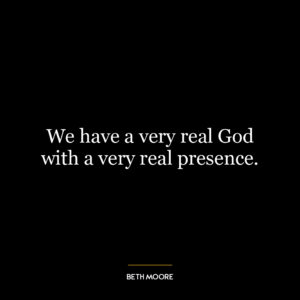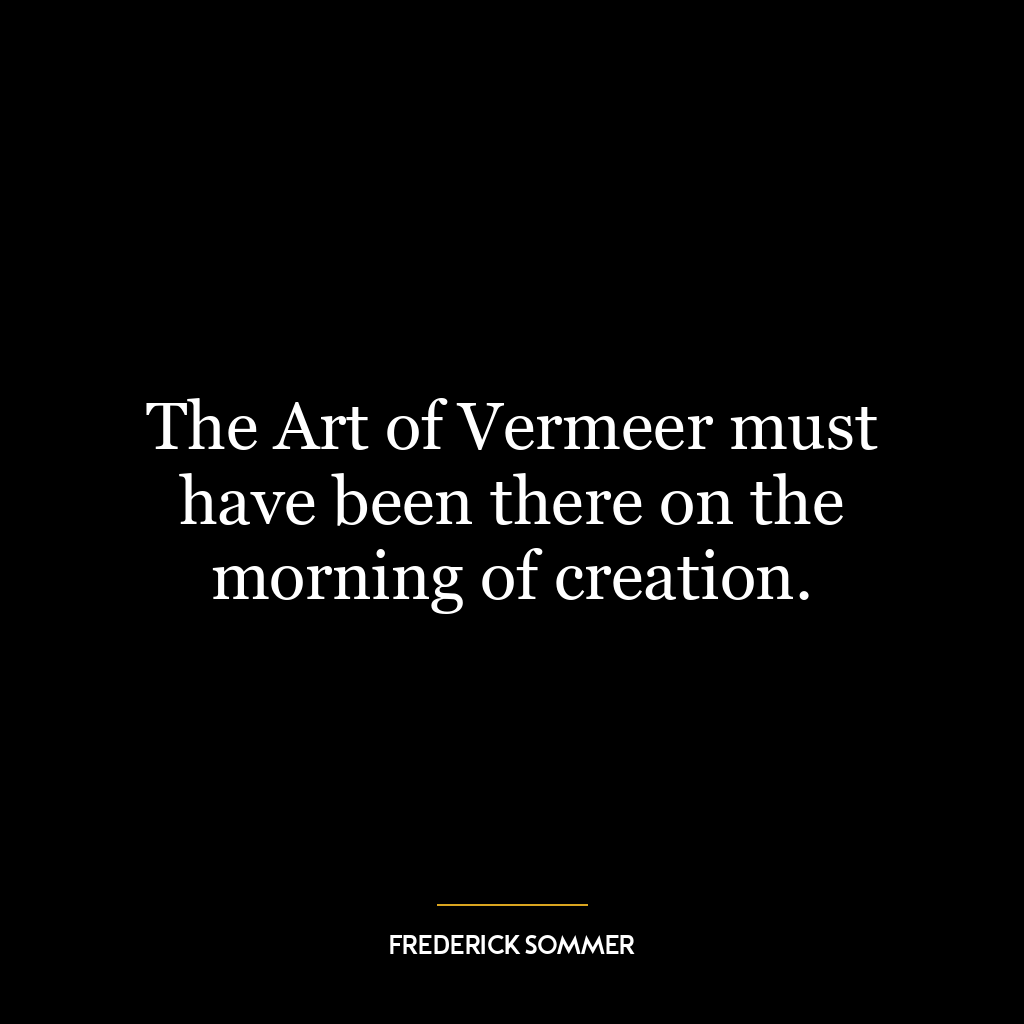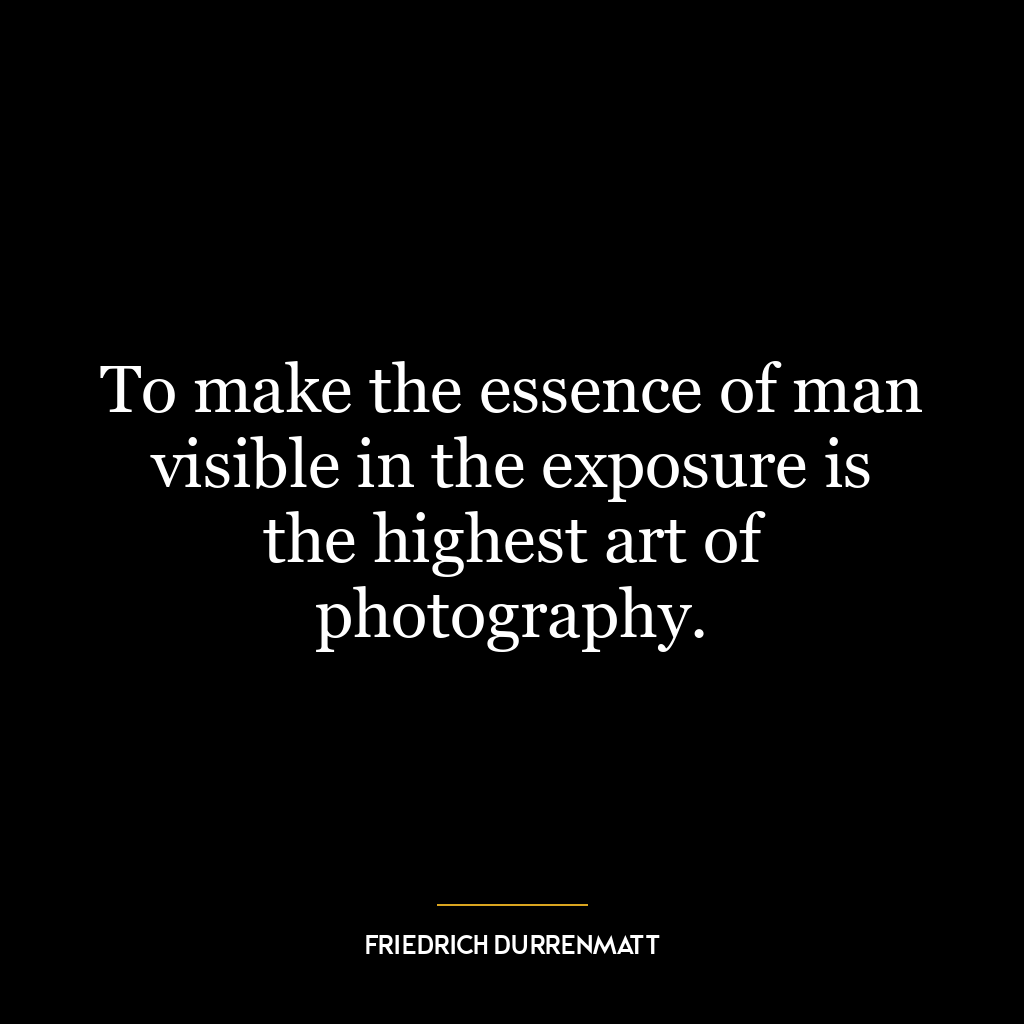We were created for the purpose of giving God’s invisible character a glimpse of visibility.
This quote implies that human beings were created as a means to manifest and reflect the character of God, which is not physically visible. It suggests that every human has a divine purpose to embody and express the qualities of God, such as love, compassion, kindness, and justice, thereby making the invisible divine character visible to the world.
From a spiritual perspective, this quote can be interpreted as a call to live a life that reflects the higher virtues and values that are associated with divinity. It encourages us to strive to be the best version of ourselves, not for our own sake, but as a way of honoring and manifesting the divine essence within us.
In today’s world, this quote can be applied in various ways. For instance, in a world where selfishness, greed, and hatred often seem to dominate, striving to live a life that reflects God’s character could mean choosing to act with kindness, generosity, and love. It could mean standing up for justice, showing compassion to those in need, and working to bring about positive change in the world.
In terms of personal development, this quote can serve as a reminder that we are not just physical beings with personal desires and ambitions, but spiritual beings with a divine purpose. It can inspire us to cultivate qualities such as patience, humility, forgiveness, and gratitude, and to strive for personal growth and transformation not just for our own benefit, but as a way of giving expression to the divine character within us.
In essence, this quote is suggesting that we are not just passive observers of the divine, but active participants in its manifestation. By choosing to live a life that reflects the character of God, we can make the invisible visible and thereby fulfill our divine purpose.











